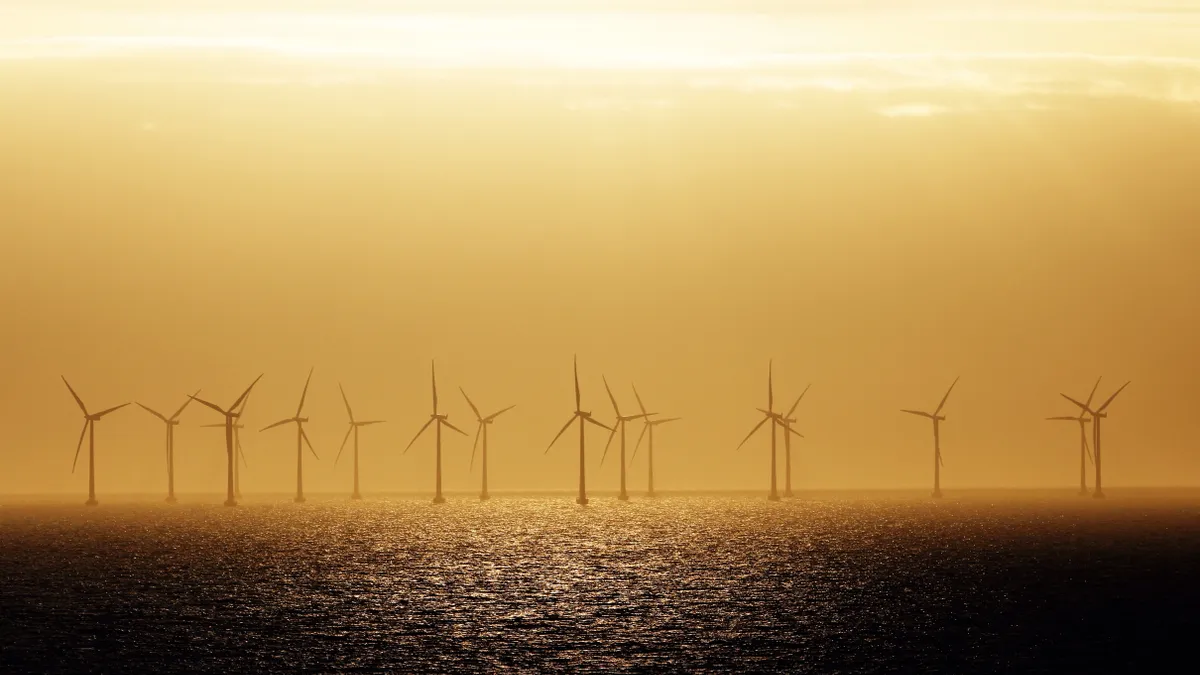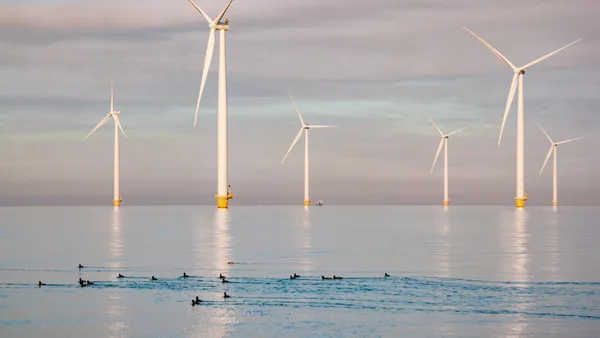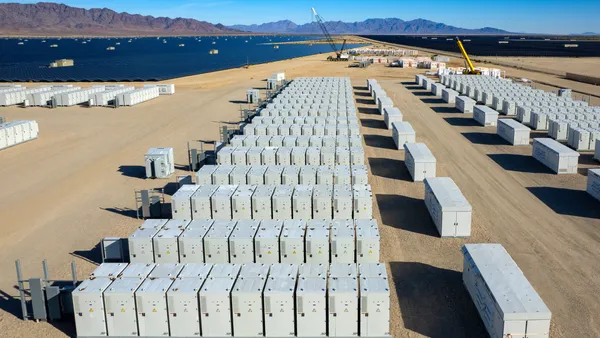Dive Brief:
- After a lengthy amendment process, An Act To Promote Energy Diveristy (H.4377) passed the Massachusetts House of Representatives in a 154-1 vote. If approved by the Senate, it would impose large new mandates for hydro and wind power on the state’s utilities.
- The bill proposes a carve-out in the Massachusetts renewables mandate that would require utilities to contract for 1,200 MW of imported Canadian hydroelectricity and for 1,200 MW of offshore wind. Both Democratic legislative leaders and Republican Gov. Charlie Baker support the measure.
- Though environmental activists pushed for a 2,000 MW offshore wind carve-out, they told the AP the new mandate will be important in meeting greenhouse gas reduction efforts and helping the state deal scheduled closure of traditional fossil fuel and nuclear facilities.
Dive Insight:
Led by the UK and Germany, the installed capacity of global offshore wind is now over 11,000 MW and is expected to increase by 12,000 MW by 2019, according to Bloomberg New Energy Finance. The Massachusetts proposal would allow U.S. offshore wind developers their first opportunity to work at something near that scale.
Deepwater Wind's 30 MW, five-turbine Block Island Wind Farm, expected to be operational this summer off Rhode Island's coast, will be the first U.S. offshore wind project. Its 20-year power purchase agreement with National Grid has a contracted price of $0.244/kWh.
Price has been a major impediment in the growth of U.S. offshore wind, but that could change as more companies put steel in the water. A recent University of Delaware study concluded that developing offshore wind at scale through 2030 could reduce that price to $0.108/kWh.
In Massachusetts, the wind and hydro resources in the proposed bill would help the state cope with the scheduled closure of the pilgrim nuclear plant in 2019 and other fossil plant retirements. The measure now heads to the Senate.
One key factor in its implementation could be the fate of Eversource Energy's proposed 192-mile Northern Pass transmission project, which would deliver 1,090 MW of Hydro-Québec hydroelectric power to the New England. New Hampshire regulators will rule on the line in the fall.














